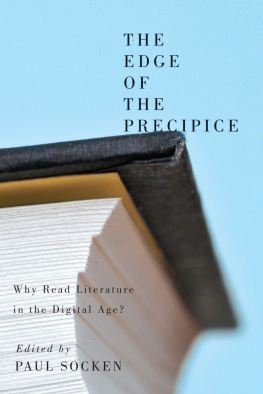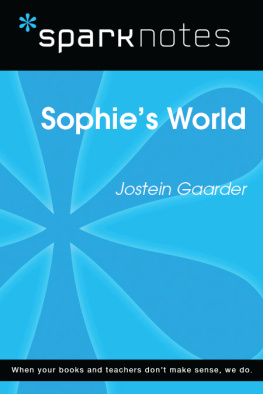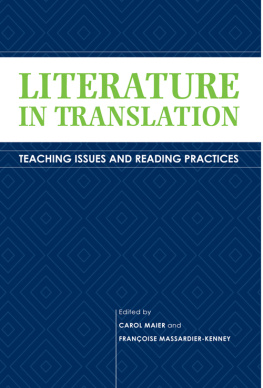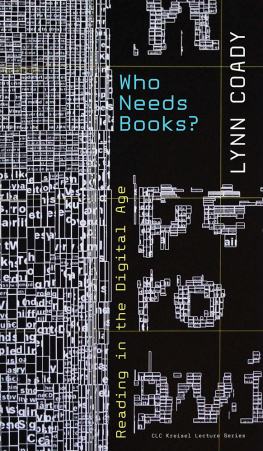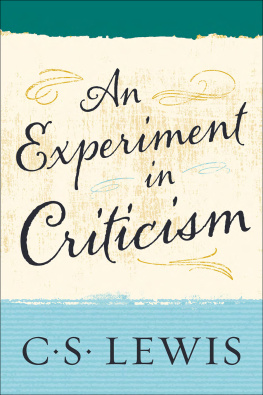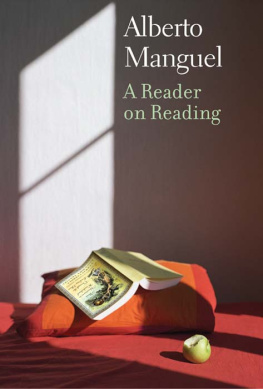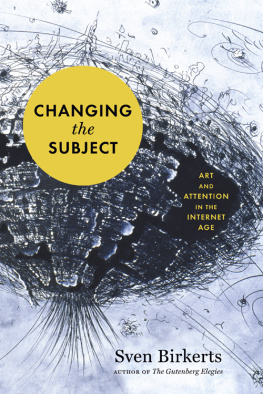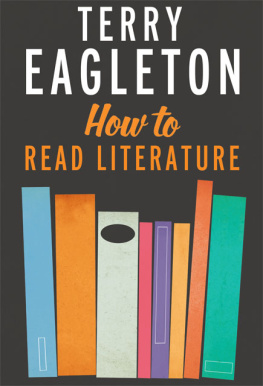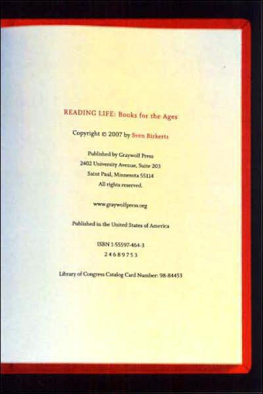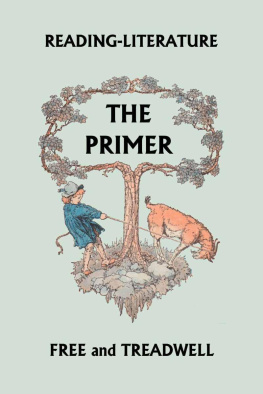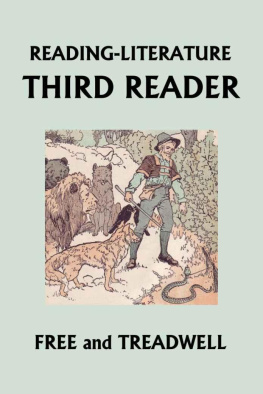The Edge of the Precipice
The Edge of the Precipice
Why Read Literature in the Digital Age?
Edited by Paul Socken
McGill-Queens University Press
Montreal & Kingston | London | Ithaca
McGill-Queens University Press 2013
The End of Reading by Alberto Manguel
Yale University Press
ISBN 978-0-7735-4178-8 (cloth)
ISBN 978-0-7735-8987-2 (ePDF)
ISBN 978-0-7735-8988-9 (ePUB)
Legal deposit third quarter 2013
Bibliothque nationale du Qubec
Printed in Canada on acid-free paper that is 100% ancient forest free (100% postconsumer recycled), processed chlorine free
This book has been published with the help of a grant from the Canadian Federation for the Humanities and Social Sciences, through the Awards to Scholarly Publications Program, using funds provided by the Social Sciences and Humanities Research Council of Canada.
McGill-Queens University Press acknowledges the support of the Canada Council for the Arts for our publishing program. We also acknowledge the financial support of the Government of Canada through the Canada Book Fund for our publishing activities.
LIBRARY AND ARCHIVES CANADA CATALOGUING IN PUBLICATION
The edge of the precipice : why read literature in the digital age? / edited by Paul Socken.
Includes bibliographical references and index.
Issued in print and electronic formats.
ISBN 978-0-7735-4178-8 (bound). ISBN 978-0-7735-8987-2 (ePDF). ISBN 978-0-7735-8988-9 (e PUB)
1. Literature and the Internet. 2. Literature and technology. 3. Books and reading Social aspects. 4. Books and reading Technological innovations. I. Socken, Paul, 1945, editor of compilation
| PN56.164E34 2013 | 809.911 | C2013-902454-9 |
| C2013-902455-7 |
Set in 11/13.5 Filosofia with Avenir Next Condensed
Book design and typesetting by Garet Markvoort, zijn digital
For my wife, Rochelle, and my children and grandchildren
Contents
The Edge of the Precipice
Introduction:
A Return to the Educated Imagination
Paul Socken
I had been on the faculty of the University of Waterloo for thirty-seven years in the Department of French Studies when I retired in 2010. Colleagues in various departments in my university and elsewhere had been saying that students background and abilities had been changing dramatically over the years and I experienced the phenomenon in my teaching.
Shortly before my retirement, I asked students how many read a newspaper in print or online: hardly any. I asked how many read literary texts, such as novels, poetry or short stories: very few. I asked how many read history or any other non-fiction: again, few. It became increasingly apparent that some fundamental change was taking place. Perhaps the change to a much vaunted visual society, a return to an oral culture supplemented by images on a screen, was well underway, as Marshall McLuhan had foreseen.
As a professor of literature, I had to wonder what was being lost in the process. I developed my own response, which this essay represents, but decided also to seek the insights of others a diverse group of writers, academics, and those in other fields. I was fortunate enough to receive a favourable response from many. Included in this group are academics from around the world, an editor and writer, a philosopher, a librarian and library curator, a psychologist, young voices, and those who have worked in their fields for many years. The present volume is the result of my enquiry.
I titled this collection The Edge of the Precipice from F. Scott Fitzgeralds collection of essays, The Crack-Up, published in 1945: Draw your chair up close to the edge of the precipice and I will tell you a story. Why the edge of the precipice? Engaging in literary creativity and communication is adventurous even risky and challenging. The leap of the imagination into unknown worlds is like sitting at the edge of a precipice, glimpsing new vistas while remaining precariously connected to ones familiar surroundings. The acquired perspectives and views may challenge the old, may transform you, an exercise both exhilarating and forbidding.
I asked contributors to answer the question, Why Read Literature in the Digital Age? by focusing on reading as opposed to studying, literature as opposed to other forms of writing, and all of this in the context of current electronic technologies. What precisely is it that reading literature even in our wired world of social networking, blogging, tweeting, Google, Wikipedia and so on brings us? How do we benefit individually and collectively from this now ancient activity? Considering the answer to my own question, I decided to look again at the ideas of Canadas best-known literary critic, Northrop Frye. He gave a series of talks in the early 1960s as part of CBC Radios Massey Lectures. Frye titled the series The Educated Imagination, and it was published in book form in 1963. Although Frye was writing long before the advent of personal computers, he understood the necessity of defending literature even then, as the value of literature was already coming under attack from people who wanted it to have immediate political relevance or who criticized the humanities for having little economic value. I can think of no more eloquent defence of reading literature or perhaps I should say, explanation of the importance of reading literature then or now.
An important point that Frye makes is that the literary writer isnt giving information hes trying to let something take on its own form Thats why you cant produce literature voluntarily, in the way youd write a letter or a report. Thats also why its no use telling the poet that he ought to write in a different way so you can understand him better. The writer of literature can only write what takes shape in his mind (17). The literary enterprise is not one whose primary purpose is to convey a set of facts or data. It is the product of the writers imagination and, as such, differs from other kinds of writing. The job of the writer is to put into words the thoughts and images that take shape in his or her own mind, and the readers engagement with those words is the exciting intellectual pursuit called reading.
Professors of literature tell their students that the writers words create a world the French call it a univers romanesque and that they are invited to enter that world and to explore it fully. That world is different than their own and the readers must suspend disbelief, to use Coleridges term, to experience it. The readers understanding will expand and they will be enriched. They are not obligated to like the work in question, only to understand it before judging. It is the exploration of the writers imagined world by the readers open mind that defines the purpose of literature.
Consider historical non-fiction as a contrast. The historian says such and such a battle took place in a particular year and is judged by the accuracy of his statement. The poets job, Frye says, is not to tell you what happened, but what happens: not what did take place, but the kind of thing that always does take place. He gives you the typical, recurring, or what Aristotle calls universal event. You wouldnt go to Macbeth to learn about the history of Scotland you go to it to learn what a man feels like after hes gained a kingdom and lost his soul (24). Likewise, you go to Charles Dickenss novel David Copperfield to learn what it feels like to be a child, orphaned and deprived of love, who finds himself and gains wisdom in a harsh world. As Frye points out, Dickens didnt know Micawber or maybe even anyone like him, but you sense that theres something of Micawber in everyone. To suggest that literature is unique is not to claim that history or any other discipline is inferior. It is merely to postulate that literatures hold on the imagination of the reader is powerful, creative, engaging and mind-expanding. This proud claim is critically important.

